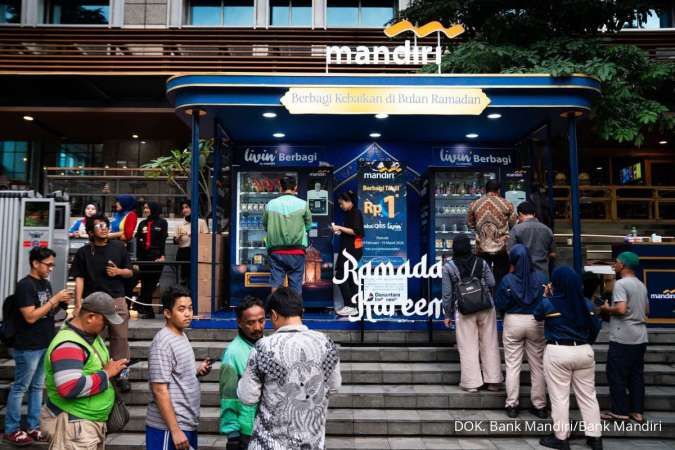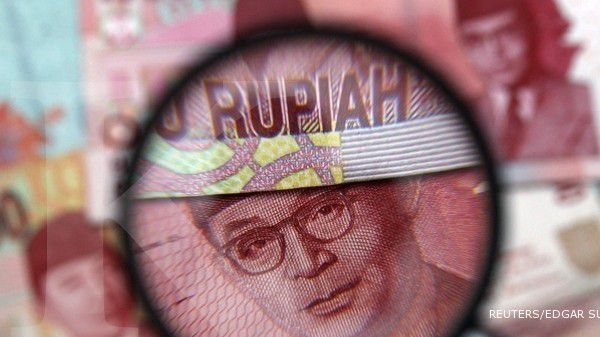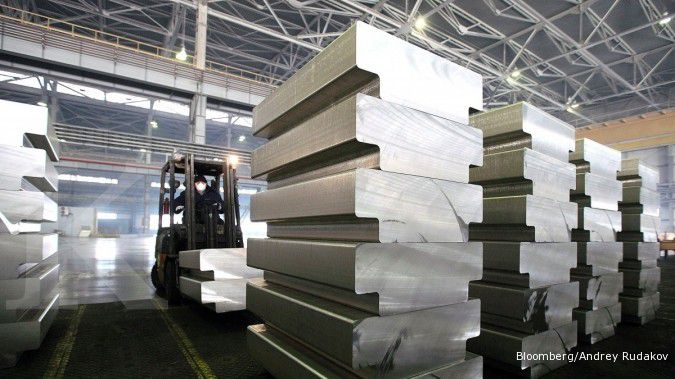JAKARTA. Government will be forming a national committee to ensure that Indonesian products can compete with those from other ASEAN countries after the launch of the ASEAN economic community (AEC) at the end of 2015.Coordinating Economic Minister Hatta Rajasa said on Wednesday that the committee would include the Indonesian Chamber of Commerce and Industry (Kadin), the Indonesian Young Entrepreneurs Association (Hipmi) and the Indonesian Employers Association (Apindo), and that they would be tasked with highlighting the challenges faced by the business sector following the opening of the single market.The committee will focus on enhancing Indonesia’s main products so that they can benefit from the expanded market.“There are four pillars, namely the single market itself, regional competitiveness, equitable development and integration into the world economy. We will start by improving our level of competitiveness,” Hatta told reporters on the sidelines of a coordinating meeting with several government officials, including Trade Minister Muhammad Lutfi, Foreign Minister Marty Natalegawa and Bank Indonesia (BI) Governor Agus Martowardojo.Hatta said that the country’s trade balance in January, which recorded a deficit of US$430.6 million, was only a seasonal blip. “Therefore, we have to increase our competitiveness to boost our trade, especially following the AEC,” he said, adding that the government was committed to reducing logistics costs and improving the quality of products.Separately, deputy to the coordinating economic minister for international financing cooperation, Rizal Affandi Lukman, said the committee would also be tasked with identifying opportunities following the launch of the single market. ASEAN had a total population of 600 million people; therefore, it was not only about our domestic market creating opportunities for other countries, he said, but also how we could reap benefits from the larger market.Meanwhile, Foreign Minister Marty Natalegawa said that Indonesia was already on track to enter the AEC, judging from the evaluation results regarding the progress of each ASEAN member toward the AEC.“Our national score on readiness approaching the AEC was 84 percent. With the limited time that we have now, we have to focus on securing more benefits from the community,” Marty said.Institute for Development of Economics and Finance (Indef) economist Enny Sri Hartato told The Jakarta Post that given the remaining few months before the implementation of the AEC, the government should immediately launch concrete measures to prevent an influx of goods from other ASEAN members.“It seems that the government only wants to use the AEC as momentum to improve our market structure, to force the business sector to better manage its trade to enable it to face tighter competition, rather than preparing ourselves for the AEC so that we can reap more benefits,” Enny said.She said it was ironic that it was cheaper and faster to transport products from Malaysia or China to Jakarta rather than from Sumatra, due to the complicated logistic process as well as poor infrastructure.
Indonesia steps up single market preparation
JAKARTA. Government will be forming a national committee to ensure that Indonesian products can compete with those from other ASEAN countries after the launch of the ASEAN economic community (AEC) at the end of 2015.Coordinating Economic Minister Hatta Rajasa said on Wednesday that the committee would include the Indonesian Chamber of Commerce and Industry (Kadin), the Indonesian Young Entrepreneurs Association (Hipmi) and the Indonesian Employers Association (Apindo), and that they would be tasked with highlighting the challenges faced by the business sector following the opening of the single market.The committee will focus on enhancing Indonesia’s main products so that they can benefit from the expanded market.“There are four pillars, namely the single market itself, regional competitiveness, equitable development and integration into the world economy. We will start by improving our level of competitiveness,” Hatta told reporters on the sidelines of a coordinating meeting with several government officials, including Trade Minister Muhammad Lutfi, Foreign Minister Marty Natalegawa and Bank Indonesia (BI) Governor Agus Martowardojo.Hatta said that the country’s trade balance in January, which recorded a deficit of US$430.6 million, was only a seasonal blip. “Therefore, we have to increase our competitiveness to boost our trade, especially following the AEC,” he said, adding that the government was committed to reducing logistics costs and improving the quality of products.Separately, deputy to the coordinating economic minister for international financing cooperation, Rizal Affandi Lukman, said the committee would also be tasked with identifying opportunities following the launch of the single market. ASEAN had a total population of 600 million people; therefore, it was not only about our domestic market creating opportunities for other countries, he said, but also how we could reap benefits from the larger market.Meanwhile, Foreign Minister Marty Natalegawa said that Indonesia was already on track to enter the AEC, judging from the evaluation results regarding the progress of each ASEAN member toward the AEC.“Our national score on readiness approaching the AEC was 84 percent. With the limited time that we have now, we have to focus on securing more benefits from the community,” Marty said.Institute for Development of Economics and Finance (Indef) economist Enny Sri Hartato told The Jakarta Post that given the remaining few months before the implementation of the AEC, the government should immediately launch concrete measures to prevent an influx of goods from other ASEAN members.“It seems that the government only wants to use the AEC as momentum to improve our market structure, to force the business sector to better manage its trade to enable it to face tighter competition, rather than preparing ourselves for the AEC so that we can reap more benefits,” Enny said.She said it was ironic that it was cheaper and faster to transport products from Malaysia or China to Jakarta rather than from Sumatra, due to the complicated logistic process as well as poor infrastructure.





